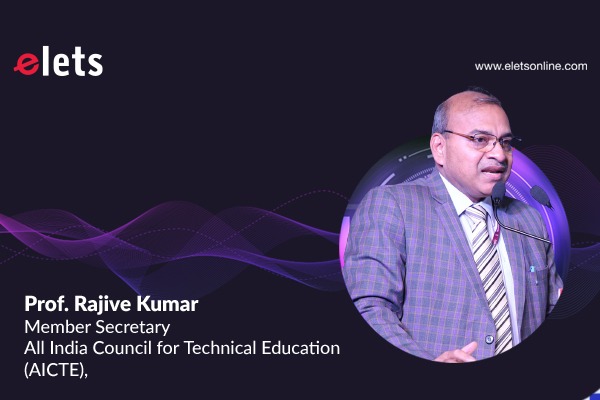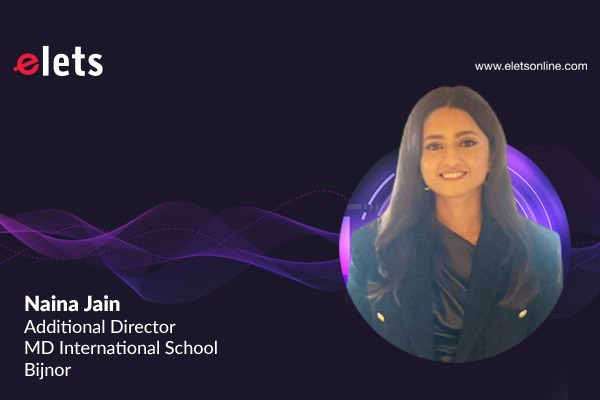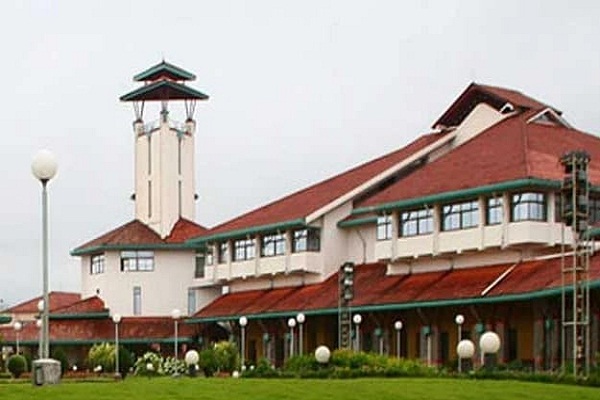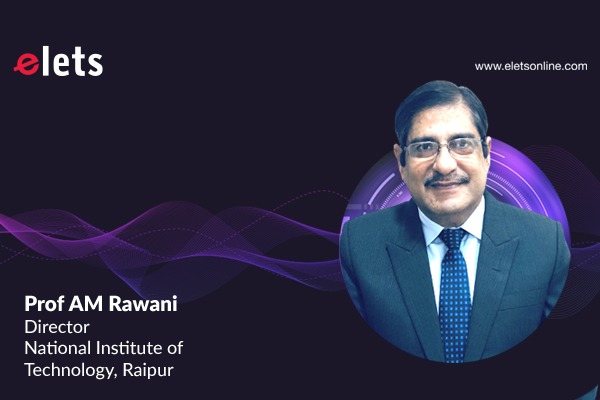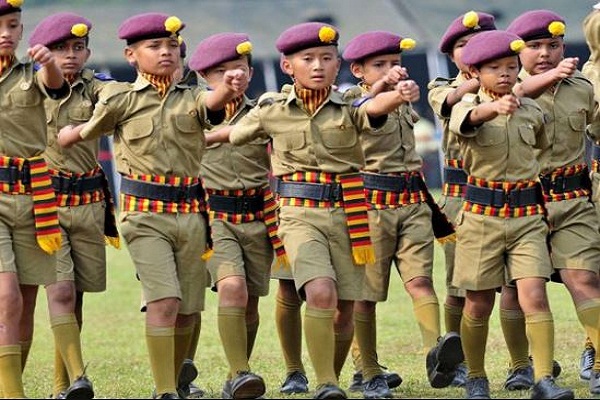National education policy and this pandemic have opened new gates and avenues not in the country but worldwide. A lot of technological inventions have been done in the pandemic with respect to education.” This was stated by Prof. Rajive Kumar, Member Secretary, All India Council for Technical Education (AICTE), who was delivering the inaugural address of the 22nd World Education Summit, organised by Elets Technomedia at New Delhi recently.
Prof. Rajive mentioned the platform AICTE has created in the pandemic. He said, “A lot of technological invention has been done in the pandemic. The source material is available in the market. We created a platform at AICTE from the Ministry side i.e. National Educational Alliance for Technology. All the ed-tech companies are invited to be on the platform.” He further elaborated on the importance of sharing expertise with the masses. “The new initiative AICTE has taken is a unique type of initiative i.e. volunteerism. We have created a portal. If you wish to volunteer your expertise in the nearby school and college, but you are unable to connect with them this portal will help. The portal is called Vidyanjali for higher education. The idea is to take this portal to all school levels.”
He added, “Another thing AICTE has done is to revise the curriculum. We don’t want our students to sit in the classes all the time. The basic aim is that we want to bring our students out of the classes so they can think differently. Most of the universities in the country have adopted that curriculum.“
Highlighting the importance and use of technology especially post pandemic Prof Rajive said, “Another important initiative AICTE has recently taken is to make a prospective plan of the technical education in the country. As per the recommendation of Dr. BVR Mohan Reddy who is the chairman of IIT Hyderabad we should not start any technical institution in the traditional area, we accepted their recommendation.” He further added, “We have a Committee of academic experts. The committee said that starting a four year program will not be a feasible thing. So as per the recommendation from the committee, AICTE should start the concept of minors. The student can get a degree with a specialization in a particular thrust area.”
He also spoke about how there was a need to train the faculty and how AICTE conducted faculty development programs. “After the decision of giving approvals only in the thrust areas, the challenge was who will teach these thrust areas. The faculty took their degree 15 to 20 years back. So our task was to train faculty in these thrust areas. We started teaching training faculty and we took the help of institutes like IIT and NITs. We conducted faculty development programs in the thrust areas.” He added “In the second year, we could train 1,50,000 faculty members in the thrust areas which was a tremendous jump. The achievement was recognized by the World Book record and AICTE was awarded. Next year we trained 1,80,000 faculty members, again a World book record. Now, we are conducting faculty development programs in all thrust areas.”
Concluding the address Prof Rajive said, “We are supporting students in terms of fellowship, especially students who lost their parents during the pandemic. We are also supporting around 10,000 girls per year. Girls from Jammu and Kashmir and northeastern states are also eligible for this scholarship. The main aim is to increase the participation of girls in technical education.






